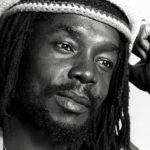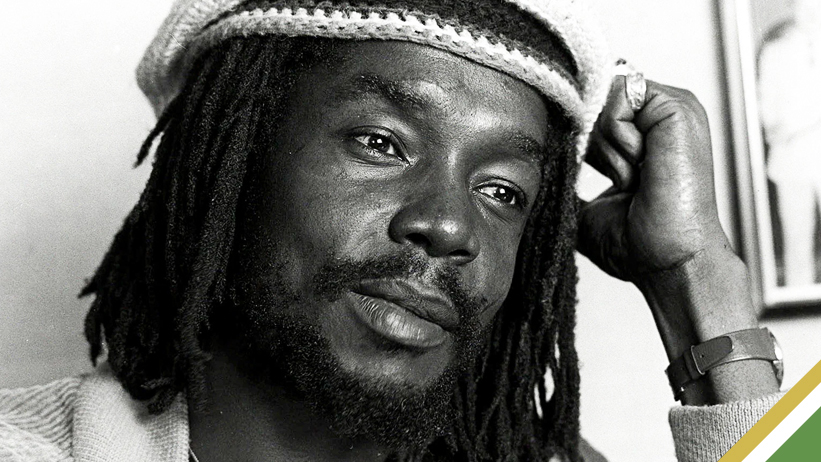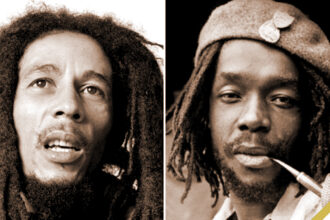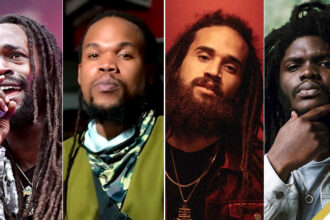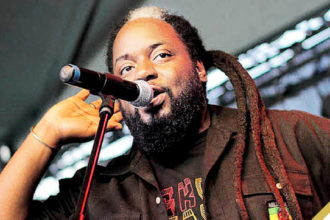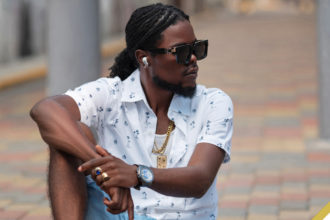The revolution is televised — and it’s wrapped in reggae. On Easter Sunday, April 20, the official YouTube channel of reggae icon Peter Tosh unveiled a gripping new four-part docuseries chronicling the life, legacy, and lyrical firepower of one of Jamaica’s most defiant sons. Titled simply ‘Peter Tosh Town: Origin of a Rebel Wailer’ but powerfully, the series pulls viewers through Tosh’s transformative journey — from his humble beginnings in Belmont, Westmoreland, to global stardom as co-founder of The Wailers, and later, as a fearless solo act. But this is no mere retelling of a musical career; it’s a searing meditation on resistance, justice, and revolution.
Tosh’s artistry was more than melody — it was militancy. The docuseries underscores how songs like “Legalize It”, “Equal Rights”, and “Downpressor Man” became anthems not just for Rastafarians, but for marginalized communities across continents. “I don’t want no peace. I need equal rights and justice,” Tosh famously declared — a mantra that continues to reverberate in today’s socio-political climate. His 1978 One Love Peace Concert performance, where he lit a spliff and lambasted Jamaica’s political leaders live on stage, is revisited in the series as one of reggae’s most iconic moments of protest.
Despite often being overshadowed by his Wailers bandmate Bob Marley, Peter Tosh carved a legacy of his own that’s impossible to ignore. His influence stretches far beyond music. In 2012, he was posthumously awarded Jamaica’s prestigious Order of Merit, and the Peter Tosh Museum — opened in Kingston in 2016 — stands as a monument to his revolutionary spirit. Academics and activists continue to dissect his lyrics in global movements for racial equity, cannabis reform, and anti-imperialism. Notably, reggae itself, added to UNESCO’s Intangible Cultural Heritage list in 2018, owes much of its conscious identity to Tosh’s unflinching lyricism.
The docuseries doesn’t shy away from the tragedy either. Tosh was brutally murdered during a home invasion on September 11, 1987 — a loss that many still believe was politically motivated. Yet his voice was never silenced. With thousands of YouTube views in its first 24 hours, the new series is evidence that his message still resonates. As Lauryn Hill once said, “Peter Tosh was a voice for the voiceless. He didn’t just sing the truth — he was the truth.”
For those seeking more than nostalgia — for those hungry for history, revolution, and reggae in its rawest form — Peter Tosh: The Steppin’ Razor docuseries is not just required viewing. It’s a powerful reminder that the mission continues.

